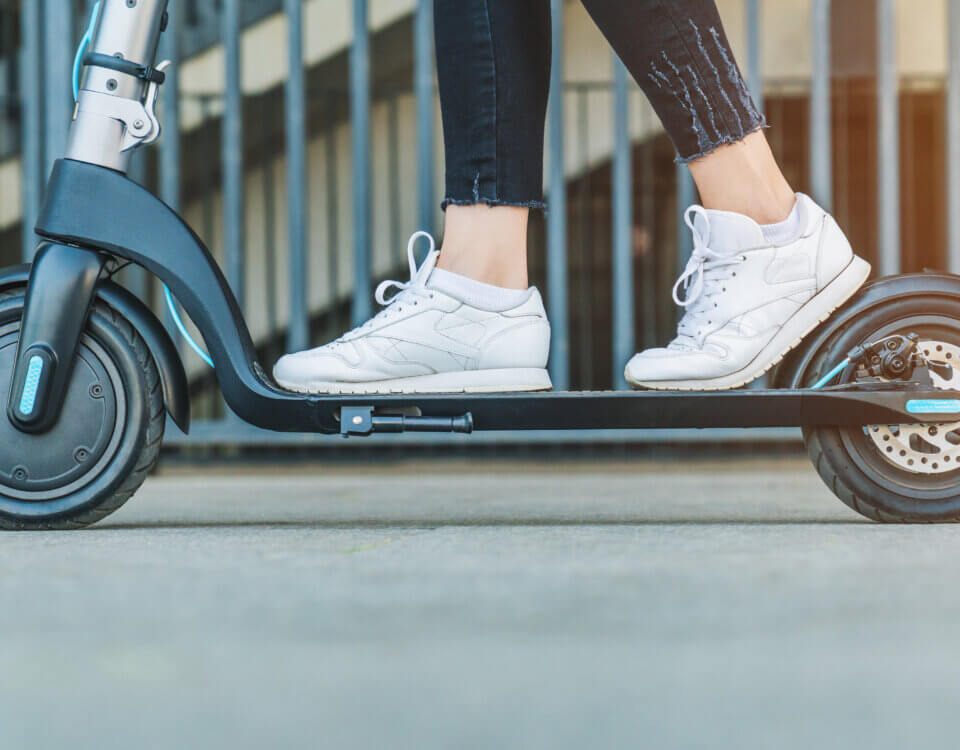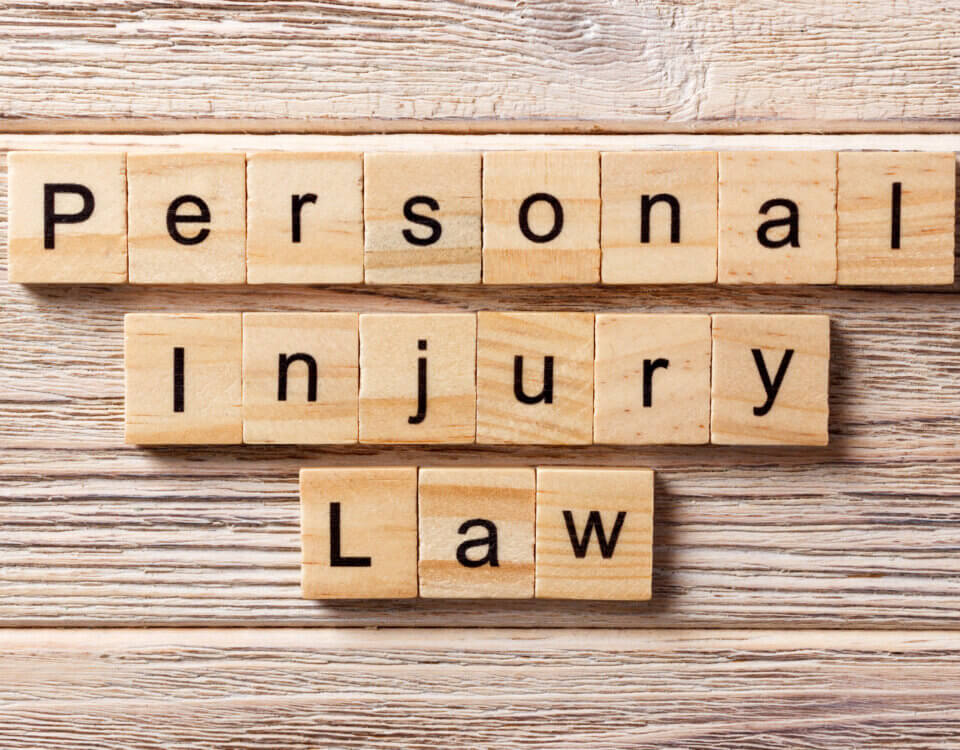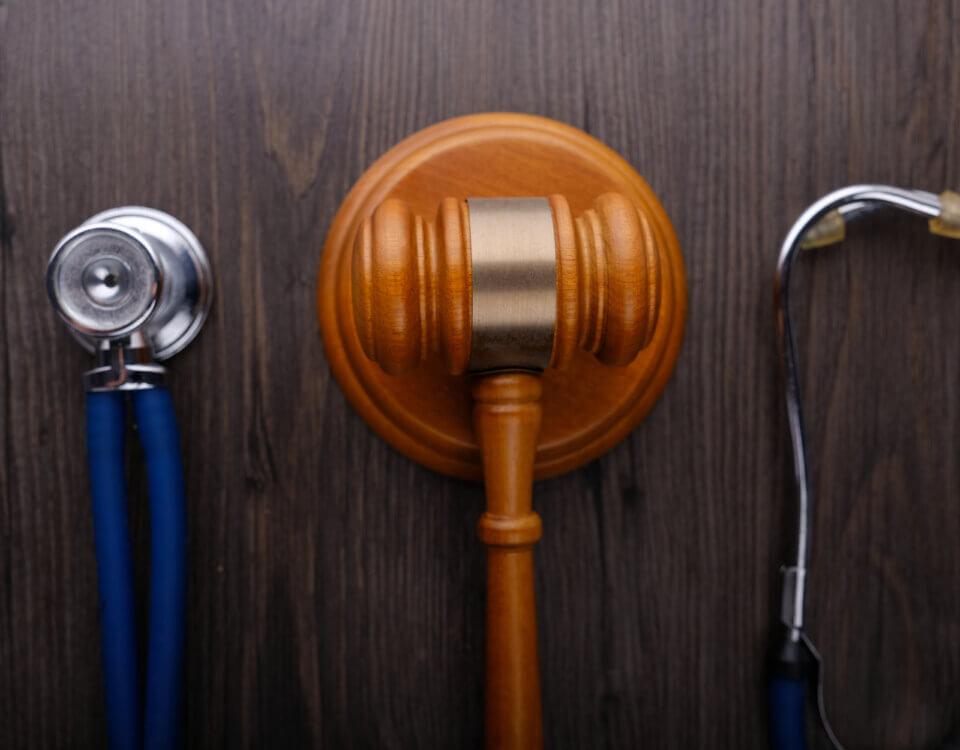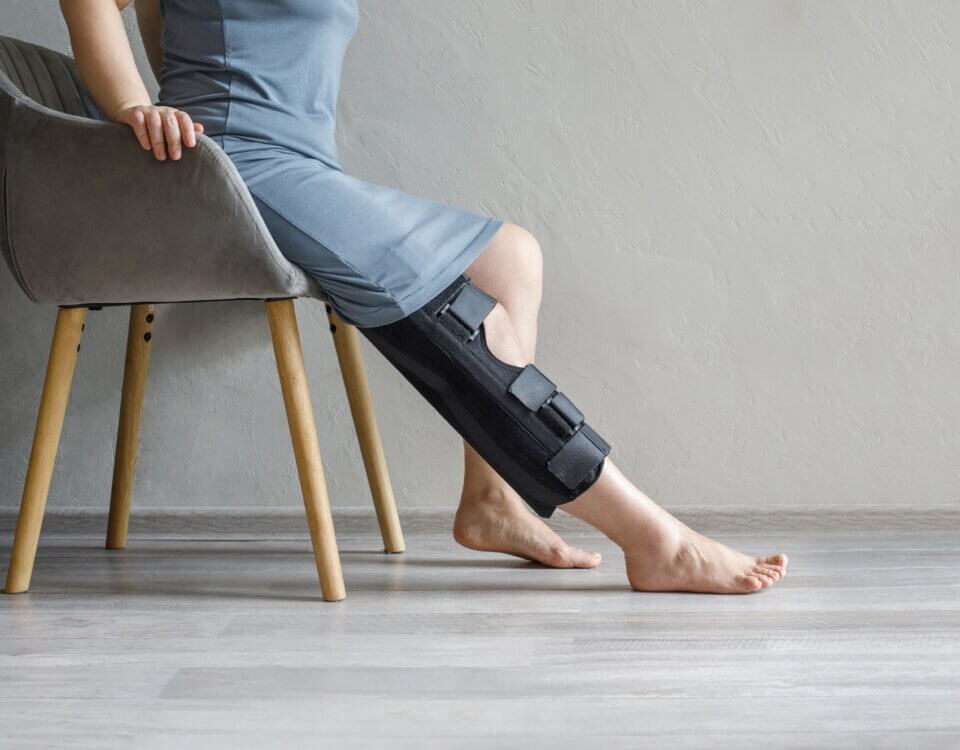In today’s digital age, sharing moments online is second nature. Social media platforms like Instagram, Facebook, TikTok, and Twitter allow us to stay connected and express ourselves freely. But if you’re pursuing a personal injury claim, your social media activity could seriously impact your case and not in a good way.
At Hillstone Law, we strongly advise our clients to use extreme caution online while their case is pending. Even seemingly harmless posts can be misinterpreted or used against you by the opposing party’s legal team or insurance adjusters.
Here are four reasons why it’s best to stay off social media entirely during your personal injury case.
1. Your Posts May Contradict Your Testimony
Consistency is critical in a personal injury case. If you’ve testified about your injuries for example, claiming that you have a back injury and then post photos showing you at a party or enjoying physical activity, your credibility can be called into question.
Even a post that seems unrelated to your case can be taken out of context and used to argue that your injuries aren’t as serious as you claim.
Example:
You tell your doctor you’re experiencing limited mobility, but later you’re tagged in a group photo at a hiking trail. The defense could use that to argue that you’re exaggerating your symptoms.
2. Location Check-ins Can Undermine Your Claim
Tagging yourself at the gym, a restaurant, or even on vacation can damage your case especially if you’ve claimed physical limitations or emotional distress as part of your injury claim.
Remember: Social media platforms often track your location automatically. This digital footprint can contradict statements you or your doctor have made about your condition.
3. Even Innocent Posts Can Be Misleading
It’s not just what you post it’s how others perceive it. A casual update, smiling selfie, or comment about your day can give the impression that you’re doing better than you really are.
Even if someone else posts a photo of you and tags you, that image becomes part of the public record and could be used to undermine your injury claim.
Tip: Always assume that anything posted online by you or others can be reviewed by the opposing legal team.
4. Your Friends’ Comments Can Work Against You
Social media is interactive, which means others can comment, tag, or mention you in ways that might create complications. A friend joking about your “miraculous recovery” or tagging you at an event can provide ammunition to the defense.
Additionally, anything you say outside of court including online can be considered admissible in court under certain circumstances. This includes your own posts and even comments made by family or friends that contradict your official statements.
Can’t I Just Make My Account Private?
Not exactly.
While setting your social media accounts to “friends only” may seem like a safe step, courts can still compel you to produce your social media records during the discovery phase of a lawsuit. This means:
- Your posts may be subpoenaed
- A judge may order you to turn over your private content
- Friends could share screenshots with the opposing side
Bottom line: “Private” doesn’t mean “protected” when it comes to legal claims.
Discovery Rules Still Apply
Courts generally don’t recognize a “social media privilege,” which means the defense can request access to your posts if they believe it could be relevant to your injuries, damages, or credibility. Courts do limit overly broad data requests known as “fishing expeditions” but relevant content is usually fair game.
Best Practices for Social Media During a Personal Injury Case
To protect your case, Hillstone Law recommends the following:
- Avoid posting anything about your accident or injuries
- Do not comment on or discuss your case online
- Avoid checking in to locations or tagging others
- Ask friends and family not to tag or mention you
- Refrain from posting photos, videos, or status updates
If you must stay active on social media, limit your activity to scrolling and liking not posting or sharing.
Let Hillstone Law Help You Protect Your Claim
At Hillstone Law, we understand how a single online post can jeopardize months of legal preparation. If you’ve been injured due to someone else’s negligence, we’ll help you build a strong case and guide you every step of the way, including how to protect your digital footprint.









